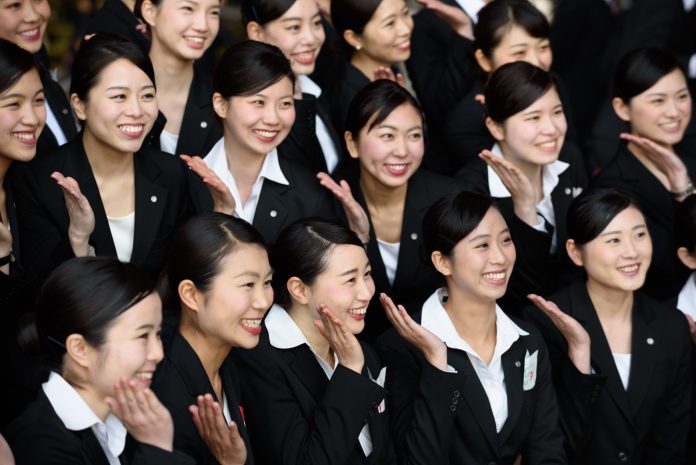Japan’s outside directors take on multiple posts amid talent shortage
Lack of efforts to promote women within leads to limited pool
A growing number of outside directors in Japan are juggling posts at multiple companies as businesses fight over a limited pool, especially of women, with the right resume. Of 14,331 individuals serving as an outside director or auditor for a Tokyo-listed company, 2,513 did so for two or more businesses, governance consultancy ProNed found, up roughly 40% from 2022. In percentage terms, 17.5% of outside directors and auditors held posts at multiple companies, up 5 points from the year before. The Tokyo-based consultancy studied 3,772 companies that traded on the Tokyo Stock Exchange as of July 1.
The trend was even more stark among women. Japanese companies want to boost female representation in their boardrooms amid a growing push for diversity from shareholders. But women are underrepresented in management roles in Japan, which means a relatively small number have the type of experience typically expected for the role. Of 2,432 female outside directors and auditors, 740 — or around 30% — served for two or more companies, compared with 15% for men. A total of 10.1% served for three or more companies — nearly triple the 3.5% rate for men. Many women holding multiple appointments were lawyers, accountants or professors. Few had hands-on management experience.
Notable exceptions included Sakie Akiyama, the founder of manufacturer Saki Corp., who is on the board for Sony Group, Orix and two more listed companies. Former Dow Chemical Japan President Eriko Sakurai serves on the board for Nippon Sheet Glass, Kao and two others. HiPro, a professional human resources support service operated by Persol Career, said it constantly receives inquiries regarding female outside directors and auditors. “Companies are considering women down to the department head level as potential outside directors,” said Yojiro Kaburagi, HiPro’s editor-in-chief.
Women made up 45% of Japan’s workforce as of 2020, in line with other countries, the Japan Institute for Labor Policy and Training reports. But they filled just 13% of management positions, compared with 41% in the U.S. and 37% in the U.K. Serving on multiple boards reduces the time an individual can spend on each company. Proxy advisory firms recommend voting against directors who hold too many positions. “An overcommitted director can pose a material risk to a company’s shareholders, particularly during periods of crisis,” according to U.S.-based Glass Lewis.
In 2022, shareholders in X, then known as Twitter, blocked one director from returning to its board amid concerns he served on too many others. Juggling too many commitments can pose risks for the directors and auditors themselves, whose responsibilities include reviewing executive appointments and compensation, vetting acquisitions and investigating potential problems. They could be sued if they are seen failing to maximize profits for shareholders.
Some businesses are intensifying efforts to move more women up the ladder. Ricoh plans to increase the percentage of women in management roles globally to around 20% in 2025. Trading company Sojitsu is also stepping up efforts to promote women to higher posts.
Some outside directors newly appointed this year had no business experience of their own.
“Companies need to provide training to candidates with no business experience in areas like finance, management and law,” ProNed President Isao Sakai said.
Nikkei Asia




















